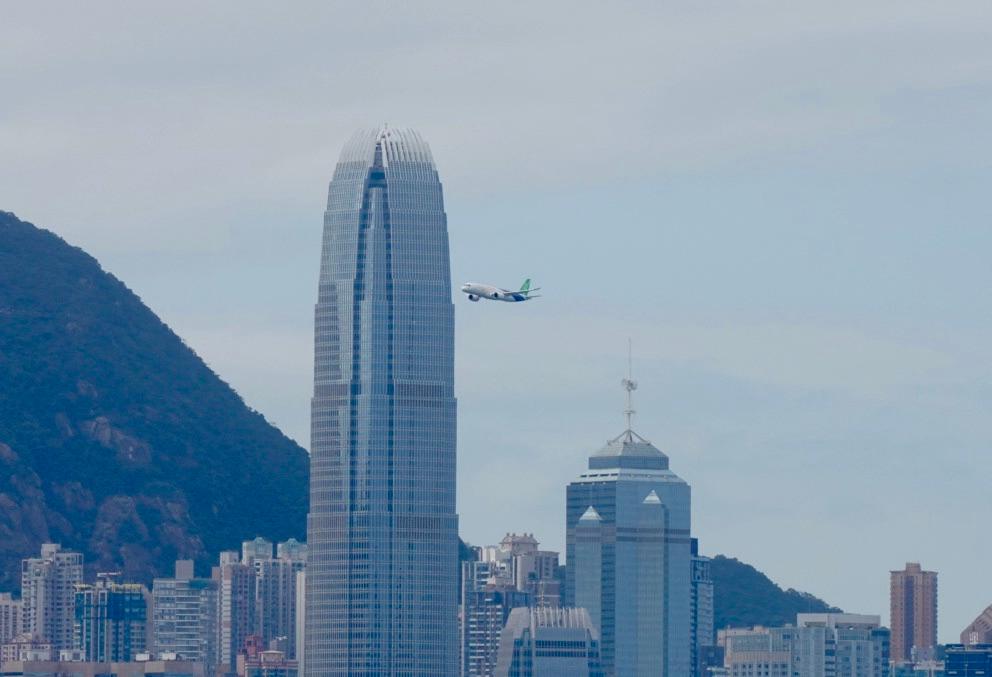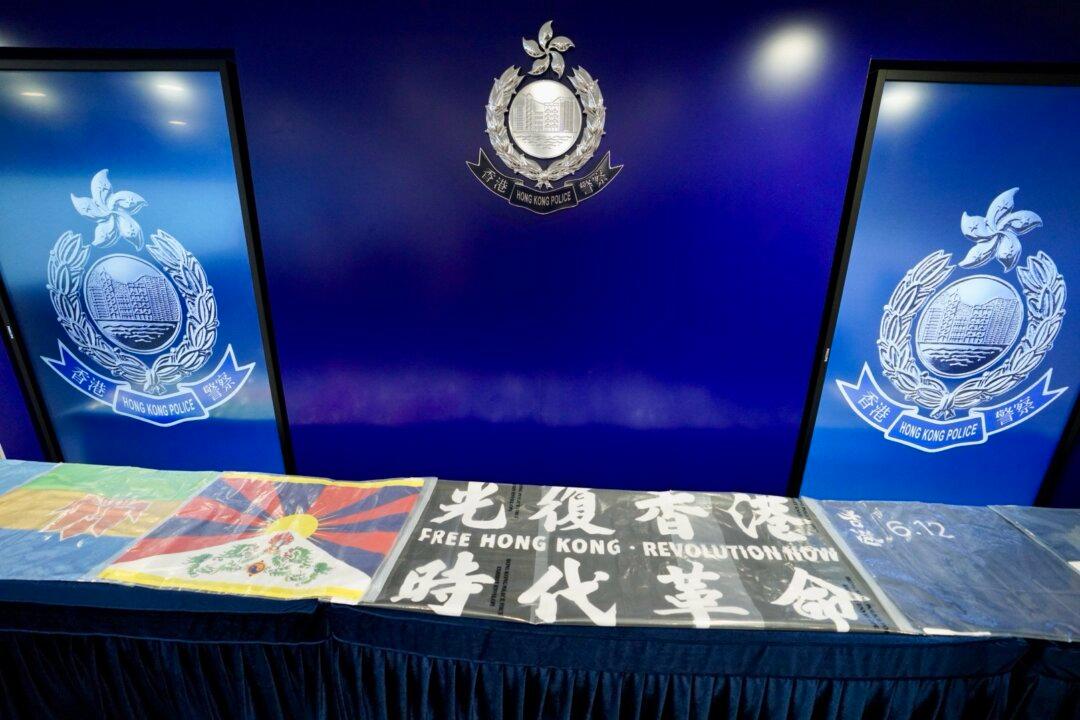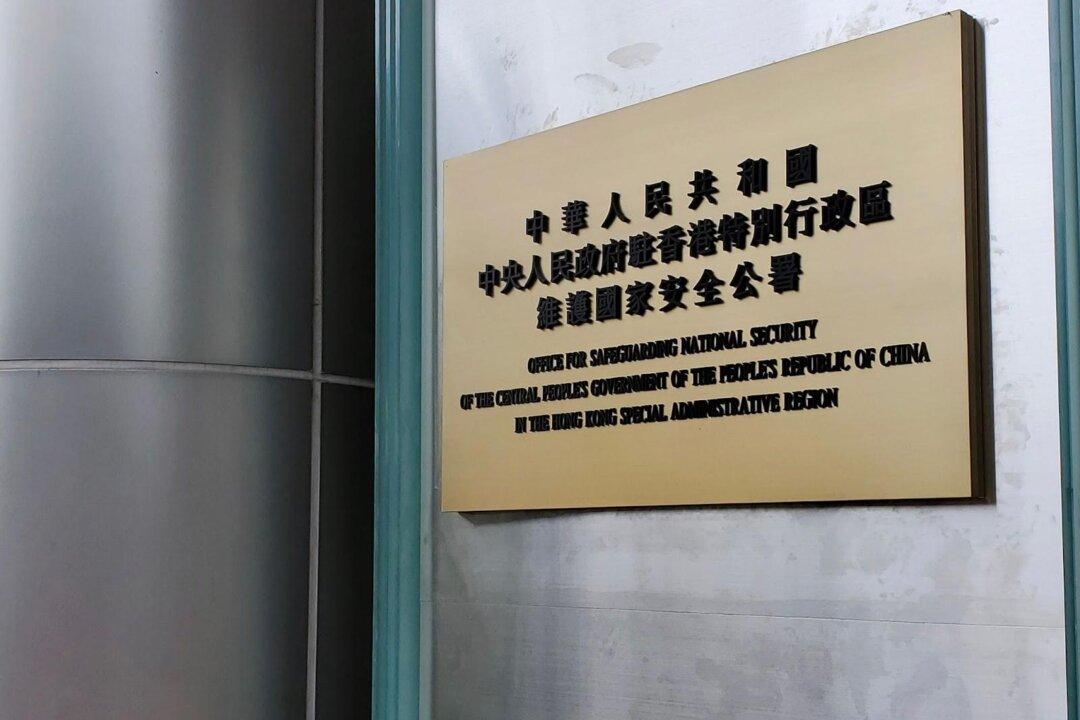China’s passenger jetliner C919 made a showoff flight over Victoria Harbour on Dec. 16. Often hailed as a cornerstone of the CCP’s “Made in China 2025” initiative, the C919 finds itself entangled in controversy with revelations of espionage and hacking activities targeting foreign aviation companies.
At around 10:30 on Dec 16, the C919 took off from the Hong Kong International Airport. In a west-to-east trajectory, it twice entered and flew over Victoria Harbour, at an altitude of 1,500 feet and 1,000 feet, respectively. Locals and tourists alike watched and took photos from both sides of Victoria Harbour.




